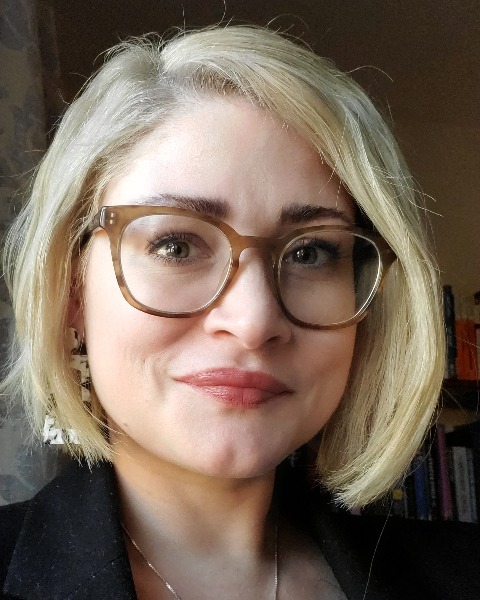Health Sciences
Effects of Hearing Intervention on Brain Health: Findings of the ACHIEVE Trial and and ACHIEVE-MRI Substudy
-
FL
Frank Lin, MD PhD
Professor
Otolaryngology
Johns Hopkins University
Baltimore, Maryland, United States -

Caterina Rosano, MD, MPH (she/her/hers)
Tenured Professor
Epidemiology
University of Pittsburgh
Pittsburgh, Pennsylvania, United States -

Jennifer Deal, PhD (she/her/hers)
Associate Professor
Epidemiology
Johns Hopkins University
Baltimore, Maryland, United States -
JP
James Pike, MBA (he/him/his)
Research Scientist
Grossman School of Medicine
New York University
New York City, New York, United States
Co-Chair(s)
Discussant(s)
Individual Symposium Abstract First Author(s)
This session will present the primary findings of the ACHIEVE-MRI (Aging and Cognitive Health Evaluation in Elders Magnetic Resonance Imaging) study, a substudy of the ACHIEVE randomized controlled trial (Clinicaltrials.gov Identifier: NCT03243422). Prior observational studies have linked hearing loss with changes in brain structure and function. Hearing loss may directly modify brain morphology and exacerbate mechanistic pathways such as greater cognitive load (diversion of cognitive resources to effortful listening to the detriment of other cognitive functions) and reduced social connection. Whether treatment of hearing loss can effectively reduce age-related brain atrophy is unknown and has yet to be tested in randomized trials. The ACHIEVE trial (2018-2022) tested the effect of a best-practices hearing intervention versus health education control on three-year change in cognition (primary outcome) among 977 adults aged 70-84 years with untreated hearing loss and without substantial cognitive impairment. MRI imaging data was gathered on a subset of participants (n=445) in the ACHIEVE-MRI substudy. This session will first describe the overall study design of the ACHIEVE study and ACHIEVE-MRI substudy and then present the primary findings of the ACHIEVE- MRI substudy – the effect of the hearing intervention vs. health education control on 3-year change in brain structure and function. This session will also examine the effect of hearing intervention on speech understanding in the presence of noise. The session will close with an investigation of for whom hearing intervention may be most effective for, examining moderation by baseline levels of dementia risk in the ACHIEVE study.
Learning Objectives:
- After attending this session, participants will be able to describe the effect of hearing intervention on brain MRI characteristics and cognitive function.
- After attending this session, participants will be able to describe whether effects of hearing intervention differ by dementia risk.
Presentations:
-
8:00 AM - 9:30 AM PSTStudy Design of the Aging and Cognitive Health Evaluation in Elders (ACHIEVE) and ACHIEVE-MRI Study
-
8:00 AM - 9:30 AM PSTThe ACHIEVE Trial: Effect of Hearing Loss Intervention on White Matter Integrity
Individual Symposium Abstract First Author: Jennifer A. Deal, PhD (she/her/hers) – Johns Hopkins University
-
8:00 AM - 9:30 AM PSTEffect of a Hearing Intervention on Three-Year Change in Brain Morphology: ACHIEVE Randomized Trial
Individual Symposium Abstract First Author: James R. Pike, MBA (he/him/his) – New York University
-
8:00 AM - 9:30 AM PSTHearing Aid Use, Cognitive Measures, and Speech-in-Noise Performance: Findings From the ACHIEVE Study
-
8:00 AM - 9:30 AM PSTEffect of Hearing Intervention on Older Adults at Risk of Cognitive Decline: ACHIEVE Randomized Trial
Individual Symposium Abstract First Author: James R. Pike, MBA (he/him/his) – New York University
